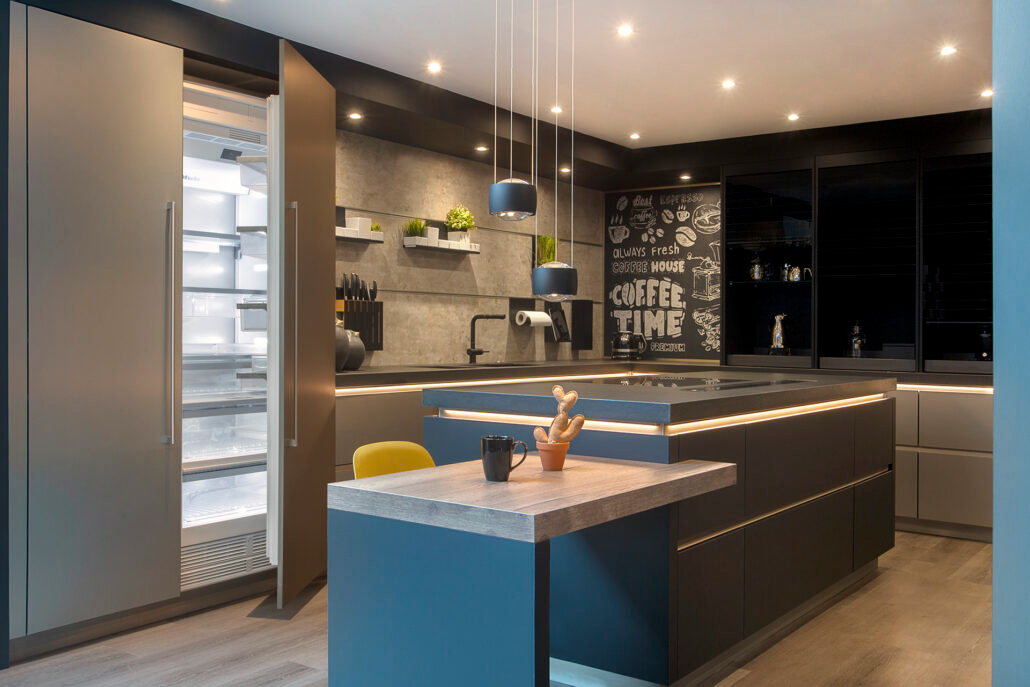
The kitchen is often considered the heart of the home, and how it’s designed can significantly impact your daily life. When it comes to kitchen design, you have two primary choices: modular kitchens and traditional kitchens. Each style has its own unique features, advantages, and disadvantages. Here are the key differences between modular and traditional kitchens to help you make an informed decision. Click this link to hire the best modular kitchen company in Dubai.
Modular kitchens:
Modular kitchens, also known as fitted kitchens, are a contemporary approach to kitchen design. They are made up of pre-fabricated units or modules that can be customized to fit your kitchen space and requirements.
Customization: Modular kitchens offer a high degree of customization. You can choose from a wide range of cabinet sizes, materials, finishes, and accessories to create a kitchen that suits your style and needs.
Space efficiency: These kitchens are designed to make the most of available space, making them an excellent choice for smaller kitchens. They often incorporate clever storage solutions, such as pull-out shelves and cabinets, to maximize functionality.
Easy installation: Modular kitchens are relatively easy to install. The pre-fabricated units are assembled on-site, saving time and labor costs.
Cost efficiency:
They are often more cost-effective than traditional kitchens, making them a popular choice for homeowners on a budget.
Modern aesthetics: Modular kitchens typically have a sleek and contemporary appearance. They often feature clean lines, flat surfaces, and minimalist designs, perfect for those who prefer a modern look.
Traditional kitchens:
Traditional kitchens, as the name suggests, embrace a more classic and timeless style. They are typically more ornate and follow a design that has stood the test of time.
Customization: Traditional kitchens offer less flexibility in customization compared to modular kitchens. They often have more standardized cabinet sizes and design elements.
Space Efficiency: They may not be as space-efficient as modular kitchens. Traditional designs can include decorative elements that may not optimize every inch of space.
Installation complexity: Installing traditional kitchens can be more complex and time-consuming, as many elements are custom-made to fit the specific kitchen space.
Cost: Traditional kitchens can be more expensive due to the custom-made components and the craftsmanship involved.

